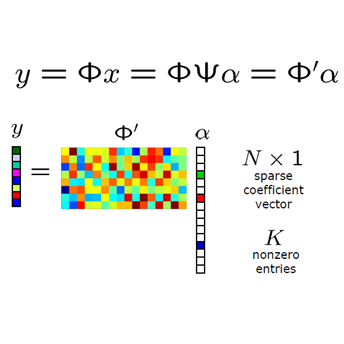Unsourced random access (URA) has emerged as a pragmatic framework for next-generation distributed sensor networks. Within URA, concatenated coding structures are often employed to ensure that the central base station can accurately recover the set of sent codewords during a given transmission period. Many URA algorithms employ independent inner and outer decoders, which can help reduce computational complexity at the expense of a decay in performance. In this article, an enhanced decoding algorithm is presented for a concatenated coding structure consisting of a wide range of inner codes and an outer tree-based code. It is shown that this algorithmic enhancement has the potential to simultaneously improve error performance and decrease the computational complexity of the decoder. This enhanced decoding algorithm is applied to two existing URA algorithms and the performance benefits of the algorithm are characterized. Findings are supported by numerical simulations.
翻译:无源随机访问(URA)已成为下一代分布式传感器网络的实用框架。在铀转化局内部,通常使用混合编码结构,以确保中央基地站能够在特定传输期间准确回收发送的编码词组。许多铀浓缩局算法采用独立的内外部解码器,这有助于降低计算复杂性,而减少性能衰减。在本条中,提出了一种强化解码算法,用于一种由各种内部代码和外部树基代码组成的混合编码结构。事实证明,这种算法增强有可能同时改进错误性能,降低解码器的计算复杂性。这种强化解码算法适用于两种现有的铀浓缩局算法,而算法的性效益则有特点。结果得到数字模拟的支持。




